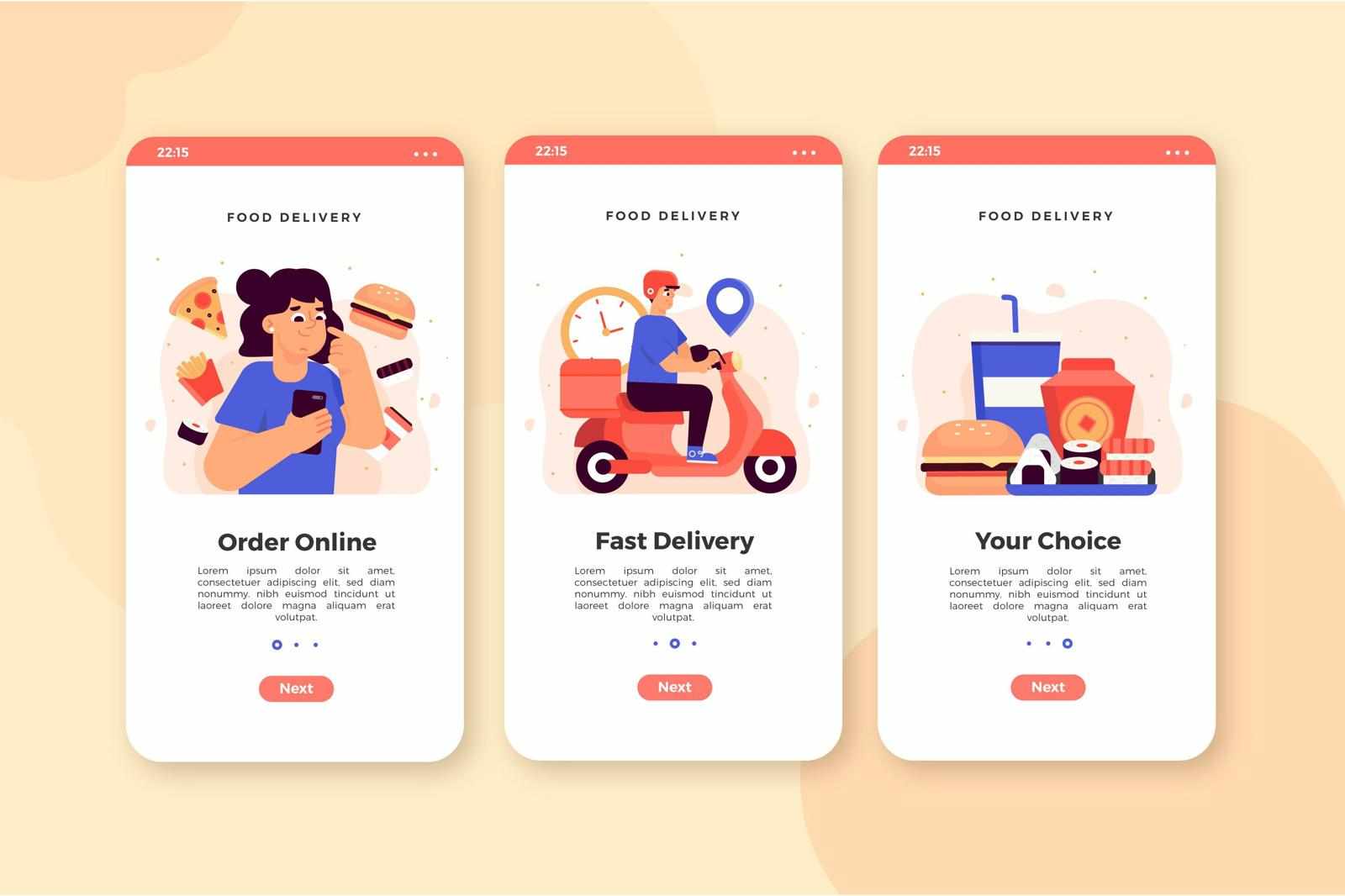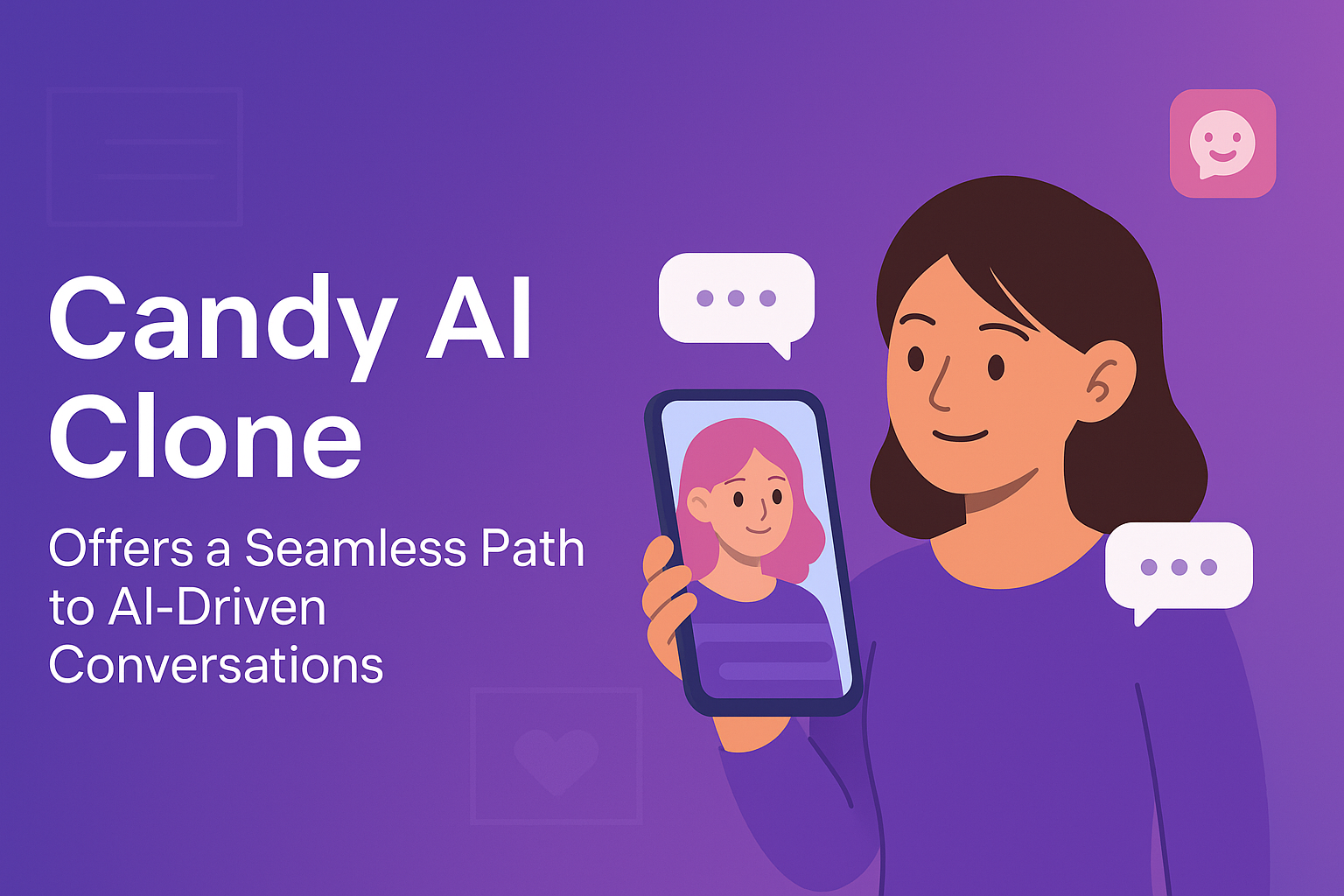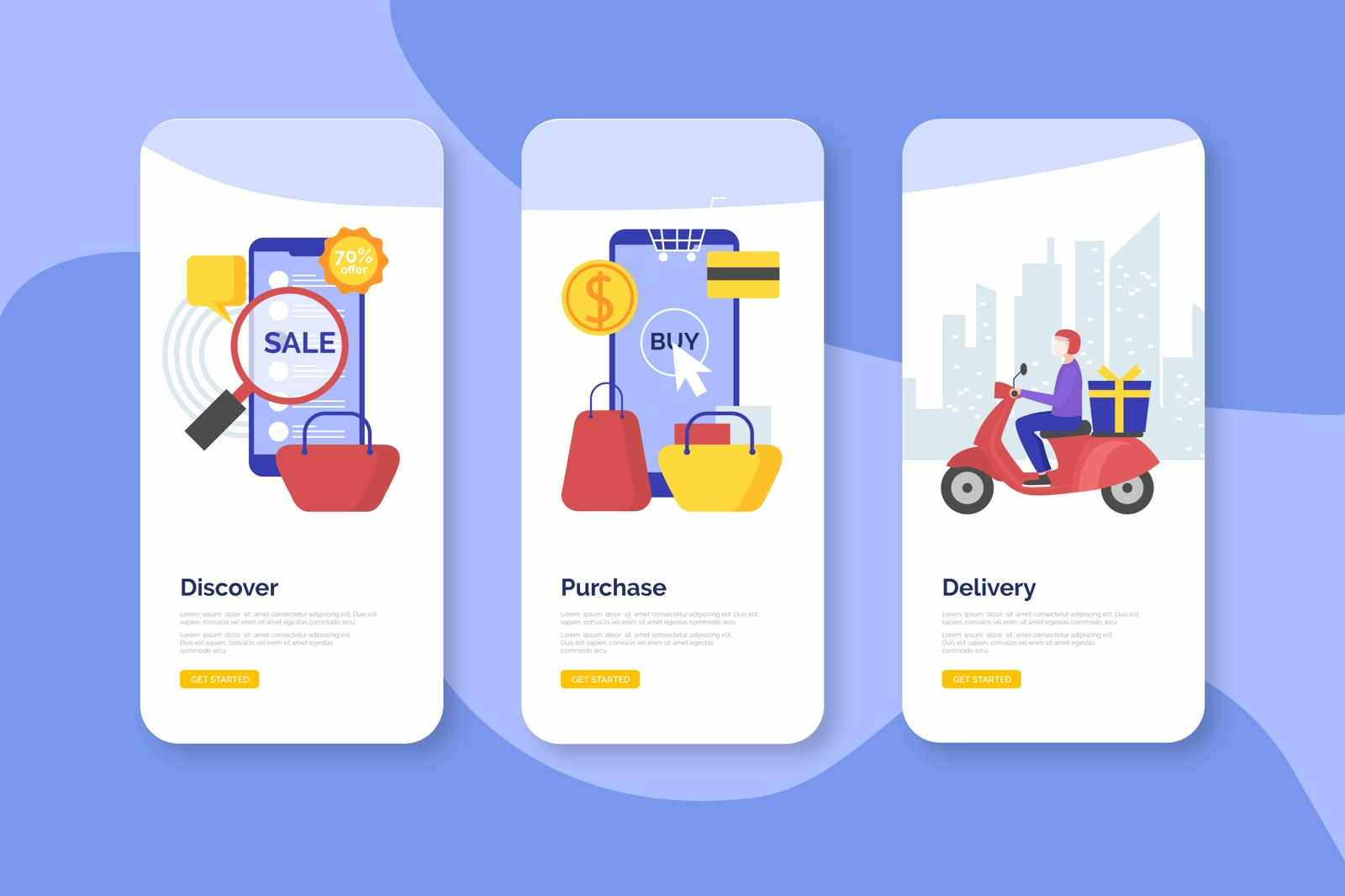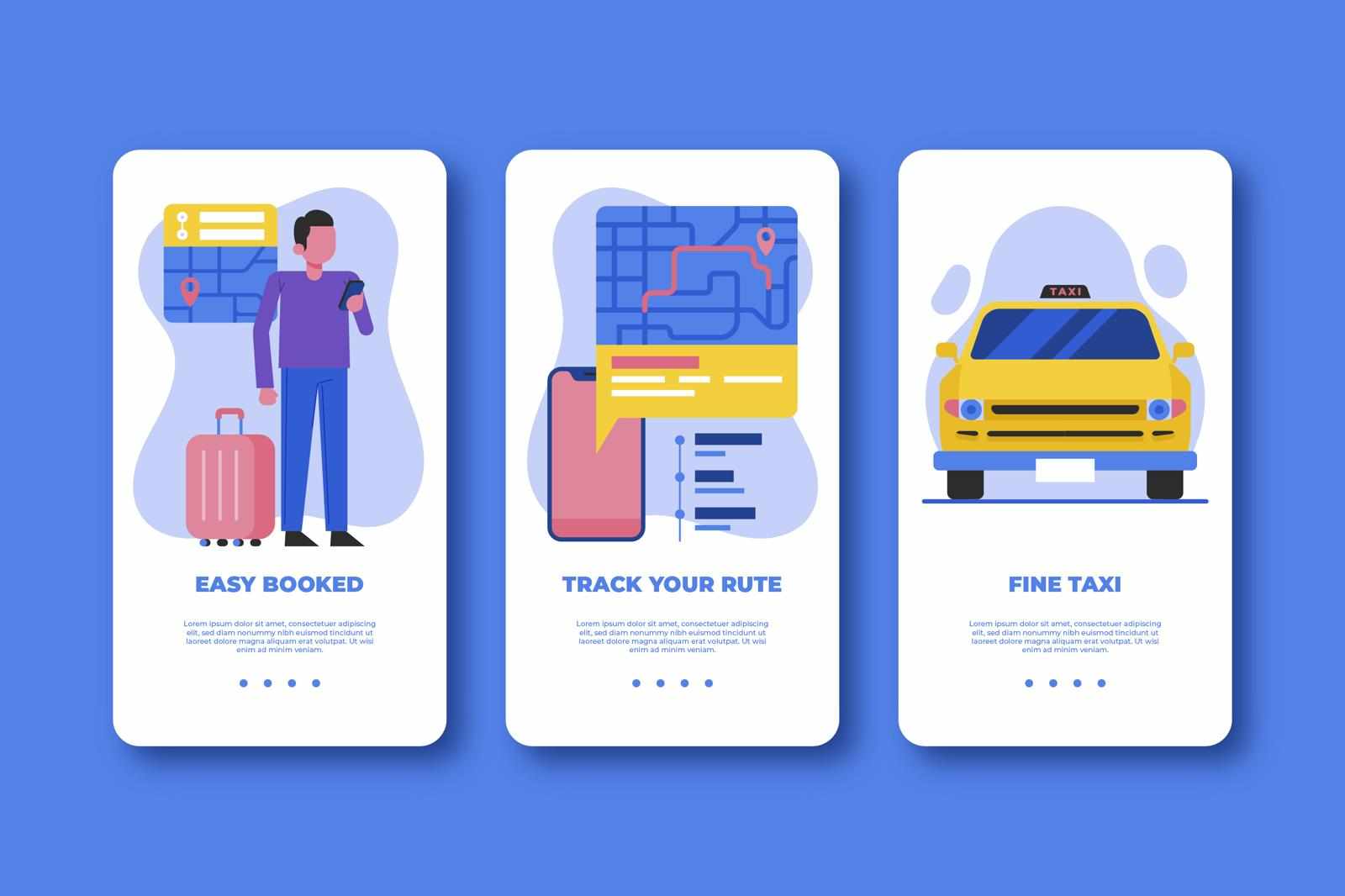
Through its pre-built platform model, the Gojek Clone App is derived from the Indonesian super app Gojek, delivering various services to users. Through this application, users can access multiple services, ranging from food deliveries to shopping services and home cleaning options. Modern-day convenience-seeking customers find value in this application type, which has gained popularity among global startup operations.
Understanding Gojek Clone App Development
Builders create Clone Apps by replicating essential functions from original apps, including possibilities for customization and growth features. The development process for a Gojek Clone requires a robust back-end infrastructure combined with secure APIs and user-friendly UI/UX interfaces, while integrating various third-party services to execute multiple business sectors. An outstanding Mold App Development Company constructs applications that scale and protect sensitive data, functioning well even when handling a large number of users.
Why Choose a Gojek Clone App Script?
Using the Gojek Clone Script shortens the development timeline and decreases overall expenses. The base solution offers established components, including real-time tracking, in-app payments, boards, customer, and Omer/Driver/Vendor interface panels. The scripts enable customization, allowing businesses to adapt the app to meet their market's specific requirements. The platform suits those with limited time and funds who need reliable features, even on a budget.
Steps to Develop a Multi-Service App Like Gojek
Multiple stages are needed to develop an app like Gojek, which should start with:
Market Research – Learn about the customer who needs your services and their demands.
Define Your Services—Choose a delivery model between food delivery, rides, and home services, or establish an integrated solution.
Choose the Right Technology Stack—To develop your application system, select a scalable software framework combination that includes Flutter, React Native, Node.js, and MongoDB.
UI/UX Design – Create a user-friendly interface with an aesthetically pleasing appearance.
Development and Integration—Your core development should include all essential components, along with the addition of mapping systems, payment mechanisms, and notification functions.
Testing and QA—Extensive testing must be performed to eliminate all system flaws and ensure seamless functionality.
Launch and Support – After implementing maintenance procedures to handle users post-launch, the system will enter commercial status.
Combining all application features within one platform enables you to enhance the overall benefits your delivery services offer customers.
How Much Does It Cost to Create a Gojek-Inspired App?
Entrepreneurs need to grasp the total expenses involved in developing a Gojek clone application. Your Gojek clone application development cost depends on three essential components, which include system complexity and integrated service count, as well as developer location. A Gojek clone application in New York will typically cost between.
Basic Gojek Clone: $25,000 - $40,000
Mid-level with Custom Features: $40,000 - $70,000
Advanced, Scalable Solution: $70,000 - $150,000+
Affordable app development opportunities exist through hybrid platforms because they combine low prices with high-quality results.
What’s Ahead for Gojek Clone Apps?
Multi-service platforms are expected to continue showing positive prospects for development. High demand for seamless bundled services, combined with the growth of the shared economy, positions Gojek and its like as trailblazing service providers. Upcoming AI-based recommendations, voice-command services, and blockchain-based payment systems will revolutionize the user experience. Working with a progressive app development company ensures that your app remains future-ready.
Conclusion
Mobile app development success in New York requires selecting suitable development partners who will ensure the project's success. Any size scope requires a clear budget allocation alongside technology decisions and market understanding, making it possible to seek the best direction. Your project's success depends on selecting experienced developers who build Gojek-style applications, providing you with an all-in-one platform that meets today's digital requirements.
Before starting your investment, you need to ask yourself a fundamental question about the development expenses of a Gojek clone application. From this point, the following strategic planning stage begins.
FAQs
1. What services can I include in a Gojek Clone App?
The application features routes for combining services such as ride-hailing, food delivery, grocery delivery, courier service, salon bookings, home cleaning, and handyman assistance within a single platform.
2. Is it better to develop from scratch or use a Gojek Clone Script?
Organizations can save money by rapidly deploying the Gojek Clone Script when starting their business operations. Developing software from the ground up offers enterprises better options for meeting one-of-a-kind requirements.
3. How long does it take to build a Gojek clone app?
Depending on the service's complexity, range of features, and customization requirements, script deployment may take up to six months.
4. Can I start with just one service and expand later?
Most scalable clone apps enable users to begin with essential services and add additional features as development progresses.





Write a comment ...